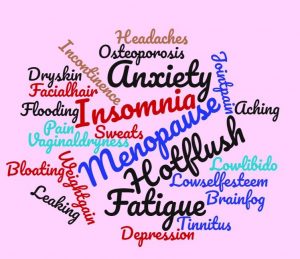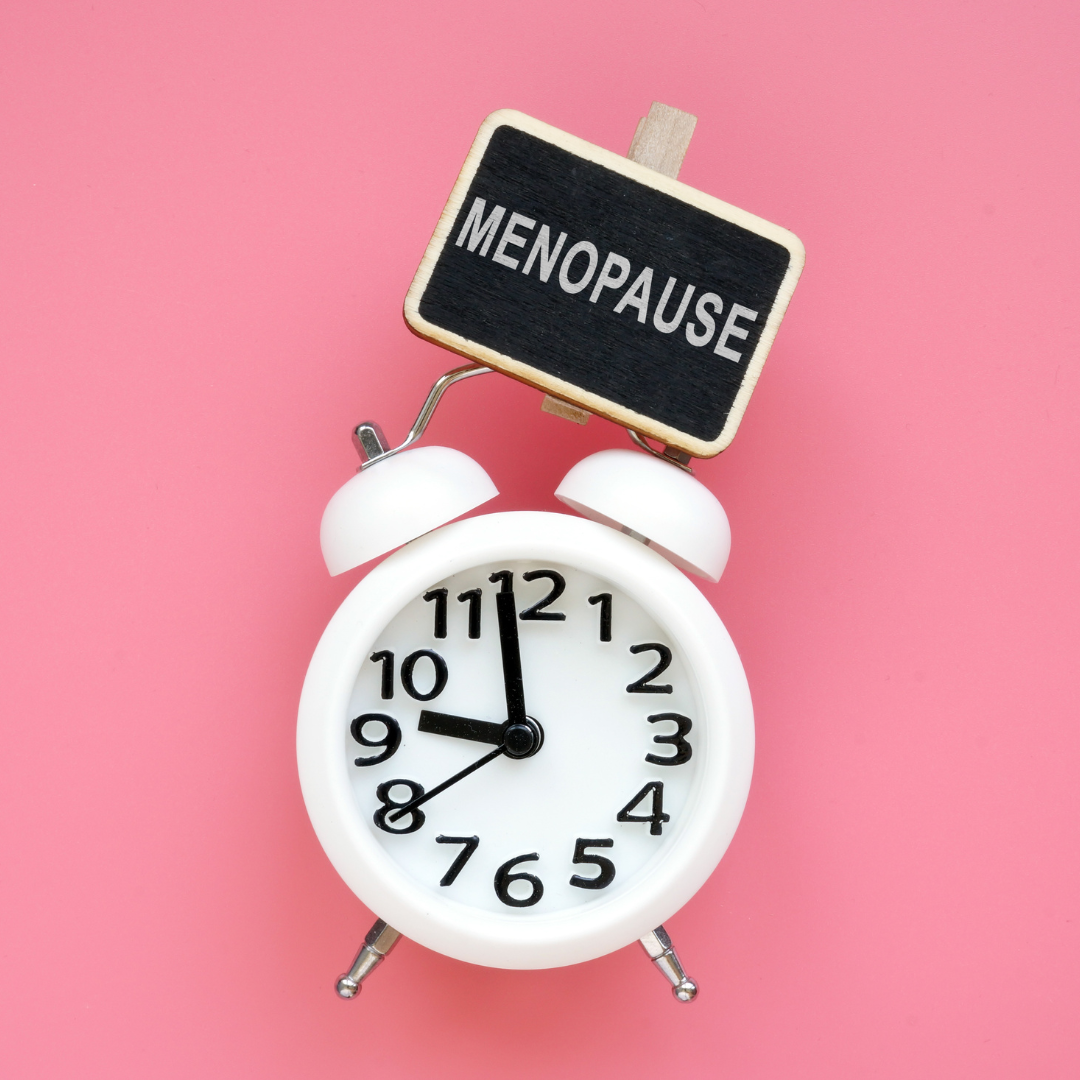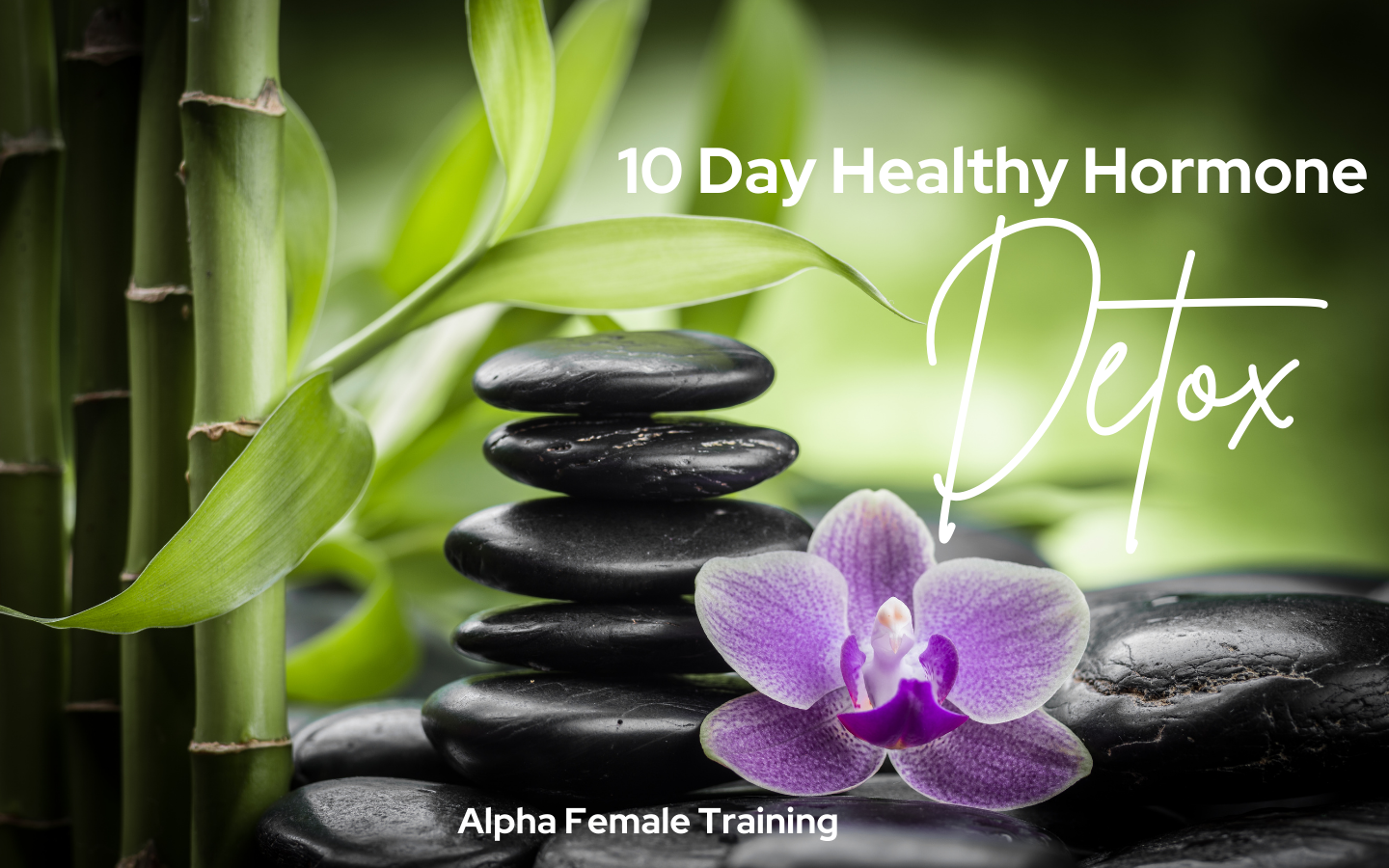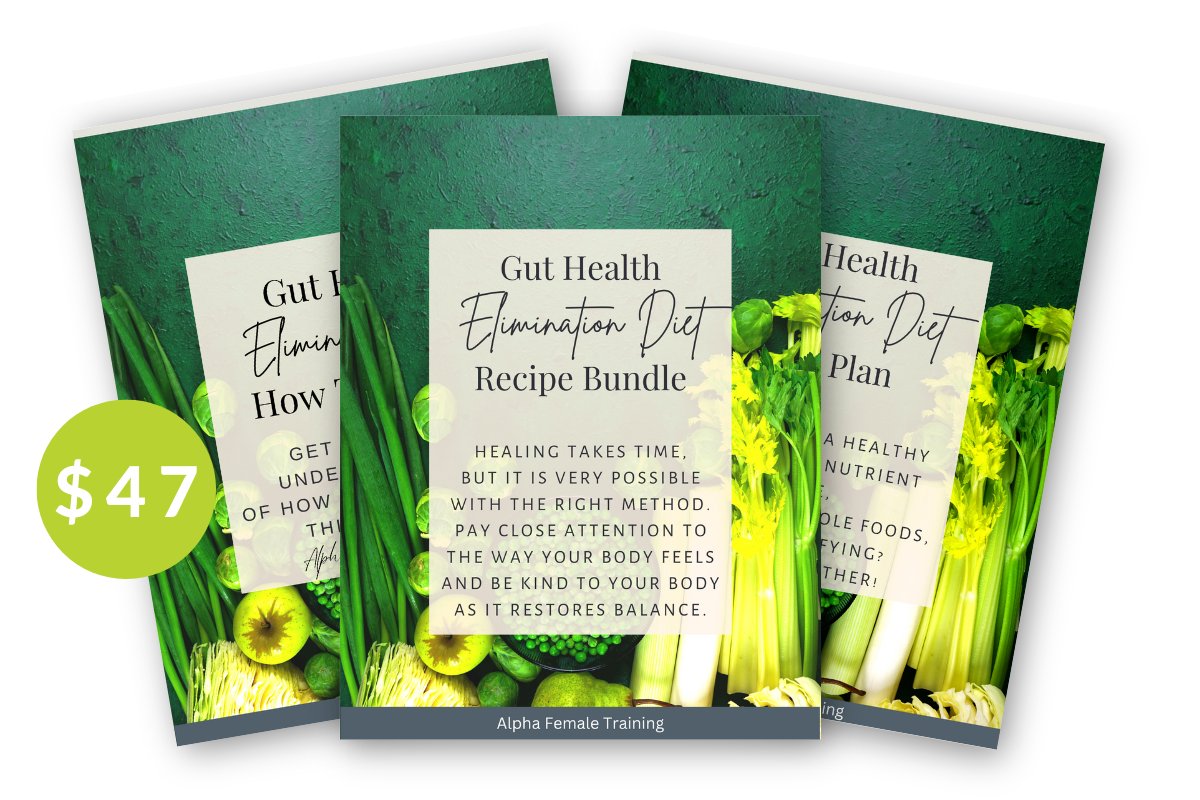Symptoms of Hormone Imbalance
As women over 40, we know our bodies have been through a lot of changes over the years and you can end up with symptoms of hormone imbalance. One important factor that affects our health and wellbeing is absolutely our hormones.
What happens when our hormones stop playing nice?
Learn about the 10 most commonly experienced signs and symptoms that are red flags for hormone imbalance. Make sure to read till the end so you can grab my hormone friendly recipe for fat bombs!
Hormones are like little messengers that affect nearly every cell in our bodies. While sex hormones like estrogen, progesterone, and testosterone are responsible for sexual functioning and beauty, stress hormones like cortisol and epinephrine are crucial for our survival.

Hormone Imbalance Symptoms
When hormones get out of balance, we can experience a range of symptoms. Here are 10 signs that you might have a hormonal imbalance:
- Trouble sleeping
- Fatigue that doesn't go away with sleep
- Night sweats and hot flashes
- Stubborn belly fat and weight gain
- Low libido or sexual dysfunction
- Acne or other skin problems
- PMS symptoms
- Brain fog and trouble concentrating
- Mental health issues, like anxiety and depression
- Mood changes like irritability and anger
There are many reasons why hormones can get out of balance, including age, stress, medications, toxins, poor nutrition, blood sugar issues, disrupted sleep patterns, and chronic inflammation.
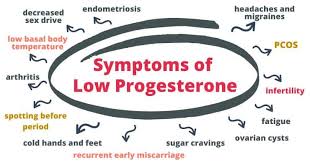
Hormone imbalance in women over 35
As women, we know that our hormones play a huge role in our overall health and wellbeing. But when those hormones start to shift, it can affect us in a variety of ways. Some of the most common symptoms include difficulty sleeping, feeling fatigued, struggling with mental clarity, experiencing hot flashes, dealing with joint pain, feeling irritable or emotional, and feeling more stressed or anxious than usual.
The impact of these symptoms can be overwhelming, but there are ways to manage them. It's important to understand that our sex hormones affect many different systems in our bodies, including our energy levels, digestion, body temperature, sleep, and circadian rhythms. We have hormone receptors throughout our entire body, from our brains to our skin, which is why we may experience a variety of symptoms like brain fog, breast pain, dry skin, digestive problems, and loss of bone density.
As we get older, our hormonal levels will naturally vary from day to day and week to week, especially as we approach menopause. This can make it feel like we're on a bit of a rollercoaster. It also means that our symptoms can be very changeable, which is why blood tests aren't always reliable for diagnosing perimenopause. But don't worry, there are things you can do to support your hormonal health and manage your symptoms.

The severity of menopause symptoms and their onset usually follows the hereditary pattern of your maternal lineage, but there can be exceptions to this rule.
Factors like smoking, obesity, chronic health issues, and physical or emotional stress can trigger symptoms to appear earlier than expected. It's not uncommon for doctors to totally misdiagnose symptoms during perimenopause, and blood tests may come back clear despite obvious changes.
At the start of perimenopause, symptoms tend to intensify before your period, almost like a magnified version of PMS. These symptoms may fluctuate, with some months feeling better than others. As you approach your final period, symptoms usually become more severe, indicating a significant change in your body.
Every woman's menopause journey is unique, and symptoms can vary greatly depending on the fluctuation of estrogen, progesterone, and testosterone levels. Each symptom brings its own challenges to overall health and wellbeing, creating a personalized experience that is as unique as a thumbprint. There is no set pattern or rules when it comes to symptoms of hormone imbalance.
What helps with symptoms of hormone imbalance?
If you're experiencing any of these symptoms, there are some natural ways to support and rebalance your hormones:
- Eat whole foods, including plenty of fresh fruits and veggies, quality meats and eggs, and good fats from sources like avocados, nuts, and wild-caught salmon.
- Exercise regularly, including resistance training and HIIT workouts.
- Prioritize getting deep, restful sleep.
- Manage stress with coping mechanisms like breathing techniques, mindfulness, and self-care practices.
Remember, taking care of your hormones is an important part of overall health and wellbeing. If you're concerned about your symptoms or feel like you need additional support, don't hesitate to talk to your healthcare provider.
https://www.womenshealthnetwork.com/hormonalimbalance/what-is-hormonal-imbalance.aspx

Hormone-friendly Choco Fat Bombs Recipe
Hormone-friendly Cho-Coco Fat Bombs
Ingredients:
½ cup almond or other nut butter, no sugar-added (if nut-sensitive, use sesame tahini or sunflower seed butter)
½ cup virgin coconut oil
3 Tbs raw, unprocessed cacao powder
stevia, xylitol or monk fruit to sweeten to taste
silicone candy mould or mini-muffin pan
Optional add-ins:
- splash of real vanilla extract or vanilla powder
- cinnamon or ginger
- pinch of Himalayan pink salt or Celtic grey salt
How to prepare:
- In a large skillet melt coconut oil and nut butter over low heat.
- Stir in cacao powder and desired sweetener.
- Remove from heat and add vanilla (+ other add-ins), if using.
- You may want to pour mixture into a “spouted” cup to make pouring easier.
- Pour mixture into silicone candy molds or mini-muffin pan (about 1 Tb of mixture)
- Put in freezer or fridge until set.
- Remove from molds and store in the fridge in an airtight container.
Be mindful that each fat bomb is considered a full serving of fat - great for curbing the appetite, satisfying a sweet tooth and supporting your hormones with the building blocks they need!
